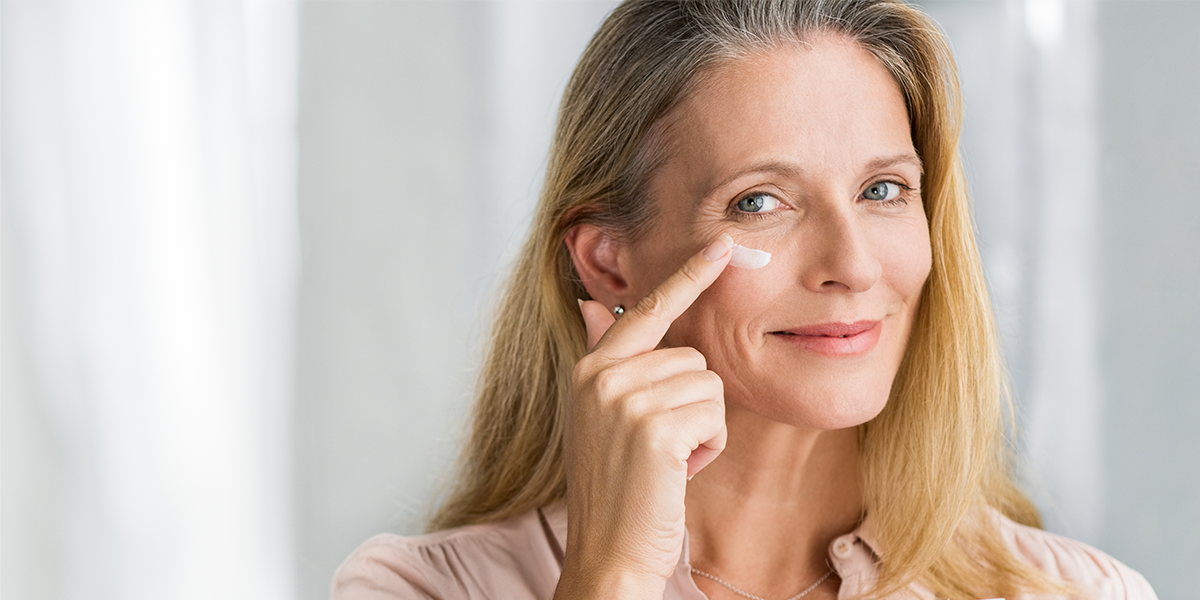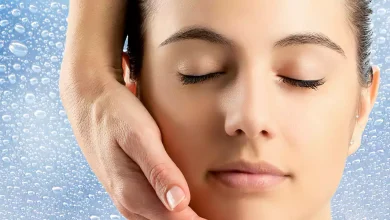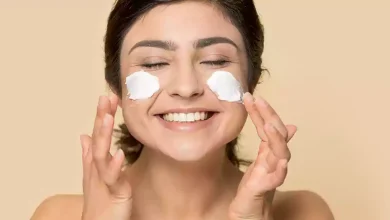Here is why you should make retinol a part of your anti-ageing routine

Every one of us wants to attain healthy, glowing and even-toned skin. We want to put a stop to the line of our skin ageing as well. And because of this, the skincare market has flourished with various anti-ageing products in recent years. Among all products, the one that made its way to the centre, and well, for some good reasons, is retinol. This vitamin A derivative converts retinoids into retinoic acid to be used in skincare. It not only helps in anti-ageing treatments by reducing fine lines and wrinkles but also increases collagen production, evens out pigmentation and, most importantly, gives clear and toned skin texture. Therefore, retinol has become a must-add to your everyday anti-ageing routine. This article will elucidate Retinol usage and why it benefits your anti-ageing skincare routine. To know the details, stick with us till the end.
What is Retinol?
Just like niacinamide is a form of vitamin B3 and vitamin C also known as ascorbic acid, retinol is one of the derivatives of Vitamin A. Here to mention, Retinoids are also part of the vitamin A family but stronger than retinol. Therefore, retinol is used more in skincare. The active agent in them helps and is responsible for increasing cell turnover. Although initially, they used to only treat acne, later on, they were found to be working well on fading pigmentation spots in the skin and increasing cell turnover.
The Benefits of Retinol:
Our skin’s renewal process slows down with time, which results in dry skin, wrinkles and blemishes. But retinol, being an exfoliant, helps rebuild the skin texture by increasing cell turnover and collagen synthesis. Therefore, delivers good, smooth, even-toned skin at a fast pace. According to the study by the Journal of Cosmetic Dermatology, in 12 weeks, 0.1% of retinol products usage has reduced the untimely appearance of wrinkles on the cheeks by 63.74% and on the eye area by 38.74%
Retinol is also very useful for acne-prone oily skin due to its exfoliant nature. It reduces breakouts by preventing the clogging of pores with dead cells. Due to UV radiation exposure, the skin’s collagen production gets damaged, resulting in dull and tanned skin. Retinol helps brighten up the skin and repairs it by promoting collagen synthesis.
Are you using retinol correctly?
Well, because of the heavy marketing and rising interest in the present skincare and beauty industry, the name retinol has become familiar to more or less all of us. Many people have started using it in various forms available in the market, such as creams, serums etc. and receiving good results as well. However, the number of people who don’t know how to use this molecule properly is not few either. Applying or using retinol incorrectly can lead to dryness and sensitive skin. New to retinol, people can sometimes experience reactions. Also, using it in the wrong concentration can cause skin irritation, burning and scaling-like skin problems.
Therefore, one needs to start with a low concentration (0.025%) and use a thin film application initially, avoiding areas like lips, eyes and nose. With time, the skin gets familiarised with it; one can dense the concentration and increase the skin contact time.
People with dry skin need to apply moisturiser after putting retinol on the skin. It’s ideal to apply retinol products at night, and in the daytime, sunscreen with high SPF should be used to get balanced skin.




